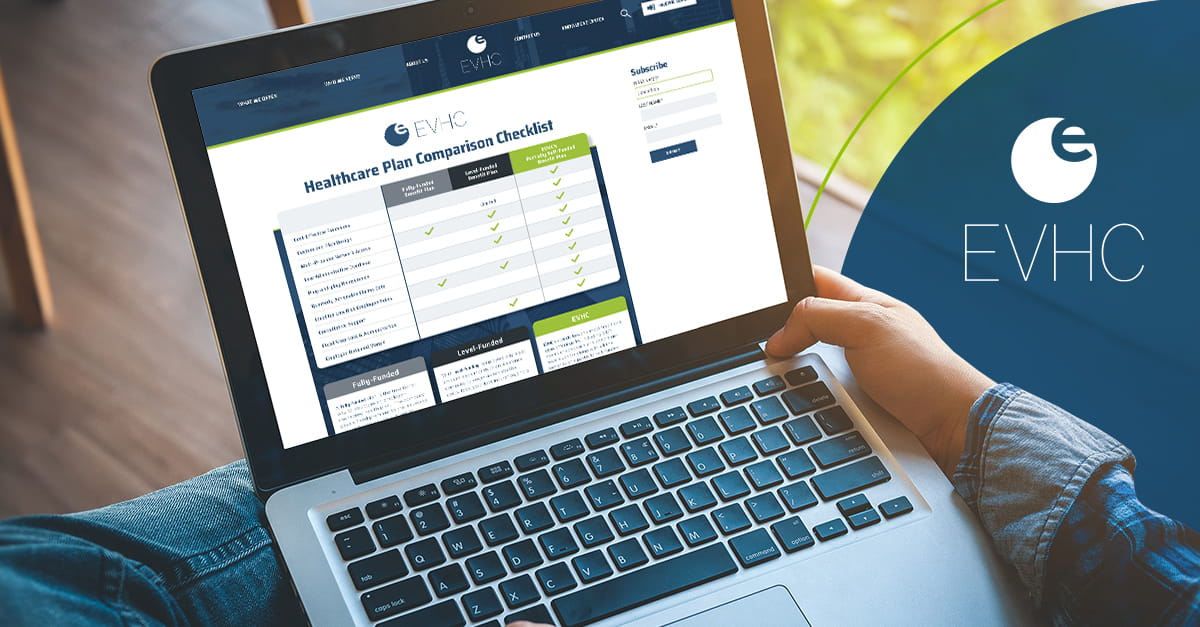
HR managers play a significant role in choosing employees’ health insurance benefits, but it’s become increasingly important for them to involve the financial side of the house in that decision. With rising interest rates and the possibility of a market correction soon, every dime companies spend will be under the microscope, including the funds allocated for health coverage. It’s critical that HR managers align with their organizations’ CFOs on what type of coverage to provide to their employees—and at what cost.
We’re beginning to see CFOs take a keener interest in the impact of healthcare costs on their organizations. A recent Mercer survey found that a majority of CFOs are concerned about escalating healthcare costs. Those concerns will likely be exacerbated by external market forces expectations that costs will continue to accelerate over the next few years.
At the same time, providing exceptional healthcare benefits has never been more important for attracting and retaining employees. The Great Resignation is continuing and spurring the need for better coverage. HR managers can’t afford to cut back on insurance—even if their companies may need to cut back financially.
How can organizations bridge the gap between the needs of finance and HR? They can start by bringing CFOs and HR managers closer together.
HR and finance typically operate in very different worlds. One worries about employee wellness, while the other is concerned with the company’s bottom line.
For their organizations to survive, let alone thrive, both need to share the same concerns.
Yes, HR needs to continue to provide employees with great health insurance coverage. But HR managers also need to be cognizant of budgetary constraints and aware of how much their coverage decisions impact the company from a dollars and sense standpoint.
Meanwhile, CFOs need to understand the reality of the current work climate. Attracting and retaining great employees entails investing in health insurance to grow their businesses.
That’s why it’s critical to bring HR and finance closer together to work in tandem on solutions that are both cost-effective and just plain old effective. HR will need to continue to proactively share cost information with CFOs (or start if they’re not doing so already) and CFOs must be open to the possibility of allocating more money to benefits. Because with national healthcare spending expected to eventually hit nearly $7 trillion by 2030, there can be no two sides to the issue.
Rising healthcare spending is a reality, but reality is all about perception.
It’s true that health insurance costs are increasing and will continue to do so. It’s also true that offering good healthcare benefits has never been more important. By acknowledging these realities, CFOs and HR managers can deal with them—together—and balance the need for cost control and employee benefits.
I call it informed risk. When CFOs and HR managers grow more aware of the risk they’re about to assume—whether it be financial or cultural—they can become informed and make plans to mitigate the risk. That way, the risk doesn’t seem quite so risky.
Suddenly, their perception of the risk will change. They’ll no longer be so worried because they’re in control. And when they’re in control they can successfully reduce costs without sacrificing coverage.
CFOs and HR managers can start gaining control of their coverage with customized partially self-funded insurance plans. We’ve got some great background on partially self-funded insurance, including an illustrated guide to the benefits of self-funding and a video explaining how it all works. But here’s the bottom line: with partially self-funded insurance, companies only pay for the costs their employees incur.
That’s different from the way traditional insurance carriers work. CFOs and HR managers might not realize it, but carriers build an automatic 25% margin into their health plans. Their customers pay that 25% no matter what, even if they never incur those expenses via claims. In this case, the carriers control their customers.
Now more than ever, it needs to be the other way around. Companies need to be able to control their health insurance spending while building the plans that work best for their employees. Self-funding provides that control. In doing so, it gives HR managers and CFOs a common ground upon which to build better and more cost-effective healthcare plans for their organizations.

